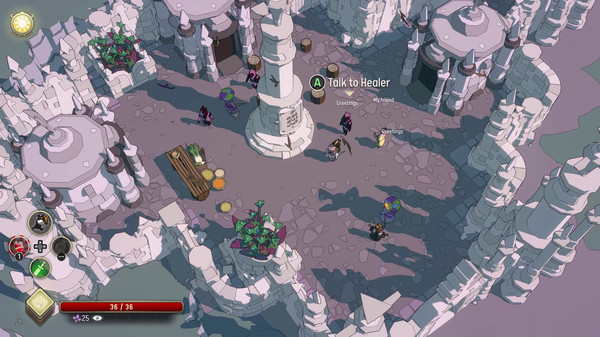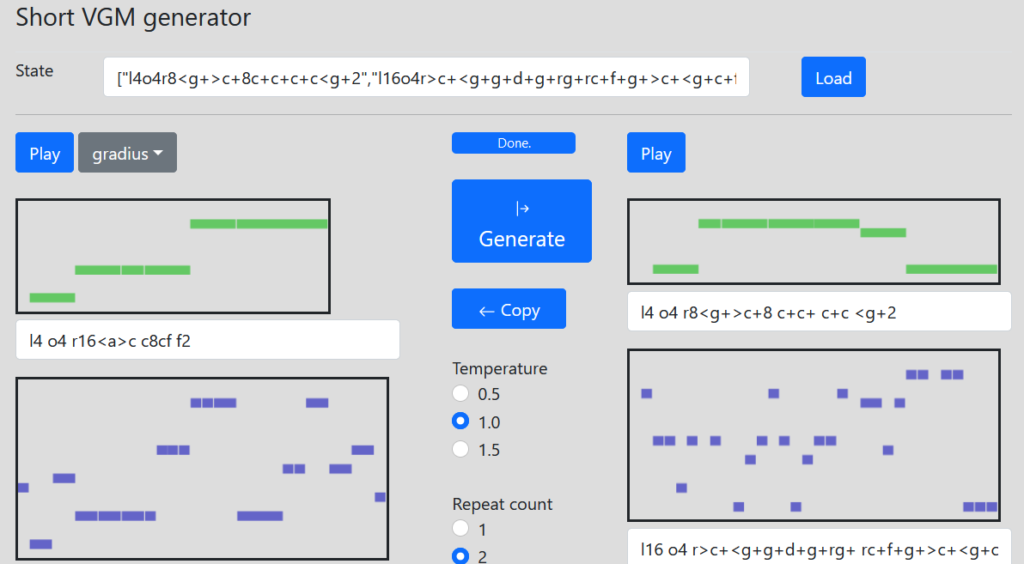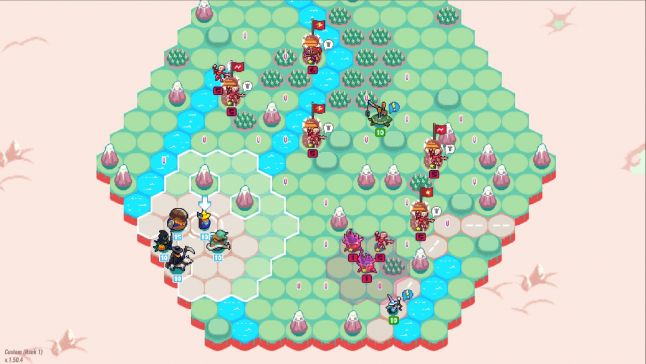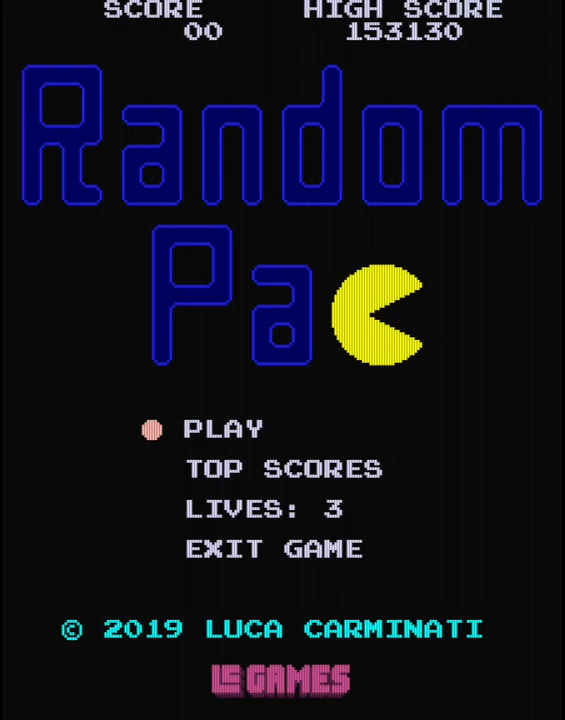
Pac-Man is rightly heralded as a classic, not just the best-selling arcade game of all time at over 100,000 units (even more when you consider every Ms. Pac-Man arcade machine has the elements of a Pac-Man machine inside it), but it’s solidly well-designed. All of its elements come together to produce a solid test of skill and strategy.
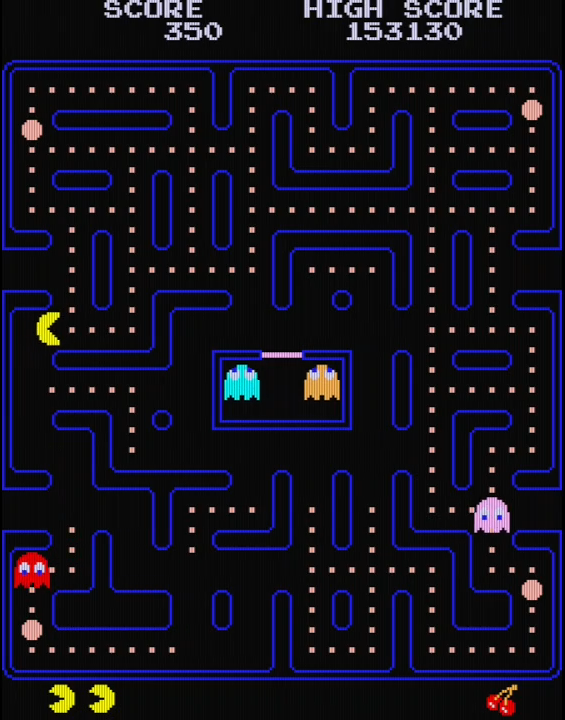
It’s not perfect though. The game possesses two major flaws that, in retrospect, made it a little less interesting to play now. The ghosts behave deterministically when they’re not vulnerable, meaning that patterns work against them and turning the game into a test of memorization and execution. And, every level’s maze is the same, which gets kind of monotonous. Tellingly, while Pac-Man was extremely popular for its time, its GCC-made follow-up Ms. Pac-Man had a much longer life in arcades, and it addressed both of these issues with the first game: ghost movement at the beginning of boards is randomized, and it had four mazes, instead of the original’s one.
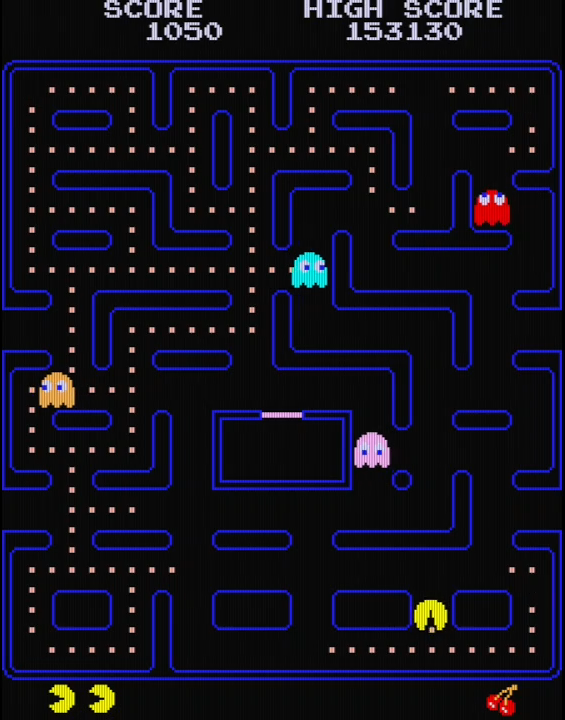
Random Pac is a fan game, available on itch.io and made by Luca Carminati, that also solves the issues, and a bit more simply: it randomizes the maze for each level. This one change makes the game immune to memorization, and makes each level a kind of situational puzzle, as the player must use the maze layout as best they can to avoid being caught.
It’s not the only change made, but the others are, for the most part, in line with that one. Since the game is much less likely to extend endlessly, extra lives are awarded multiple times, first at 10K then every 50K points, instead of the once, by default, of the original. There are bonus levels in place of the intermissions that can be worth a considerable number of points.
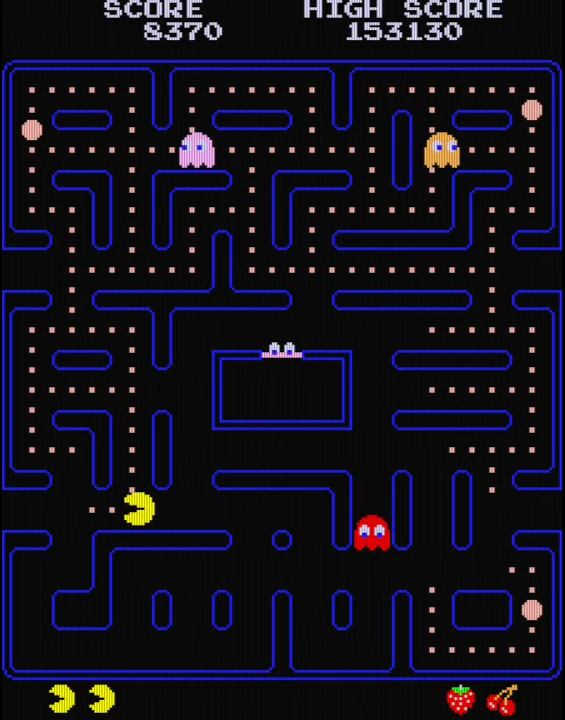
The fruit bonus items that showed up twice during each level of the original game may now appear up to four times per level, which can be worth the majority of the player’s score if they can get up to the 5,000-point Key boards. Getting all four Keys is 20,000 points, which is two-fifths the way to an extra life by itself.
The game increases in difficulty a bit more slowly than classic Pac-Man. I’ve been to the 7th Key level; in the original, on the the 5th Key board, and from the 7th Key on, ghosts no longer become vulnerable when eating an Energizer (a.k.a., a power pill). Vulnerable times kept decreasing in my 7th Key game, but hadn’t cut out completely yet.
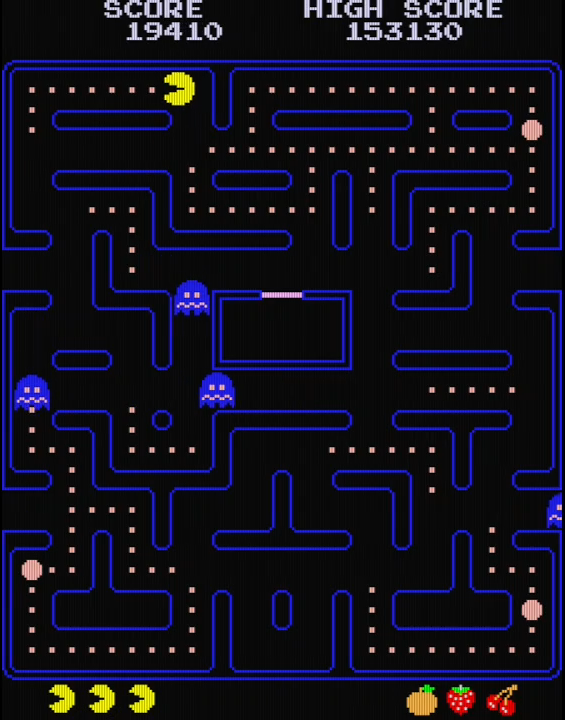
Another difference, and I’ll be going into some deep Pac-Man internals here. In classic Pac-Man, ghosts have three states, Scatter, Chase and Vulnerable. If Pac-Man doesn’t eat an Energizer, ghosts periodically enter Scatter state for a few seconds, then change back to Chase. You can tell when ghosts change between these states because they all reverse direction.
In most boards there are two Scatter periods, and the timers, both for entering Chase and Scatter, freeze while an Energizer is active on any ghost. In Random Pac, the timers don’t freeze; Chase and Scatter periods continue even when the ghosts are vulnerable. This makes Energizer timing very useful for decreasing the amount of danger you face: a short way into a Chase period, eat an Energizer and disrupt their pursuit! By the time they catch back up to you after it wears off they may be time for them to Scatter!
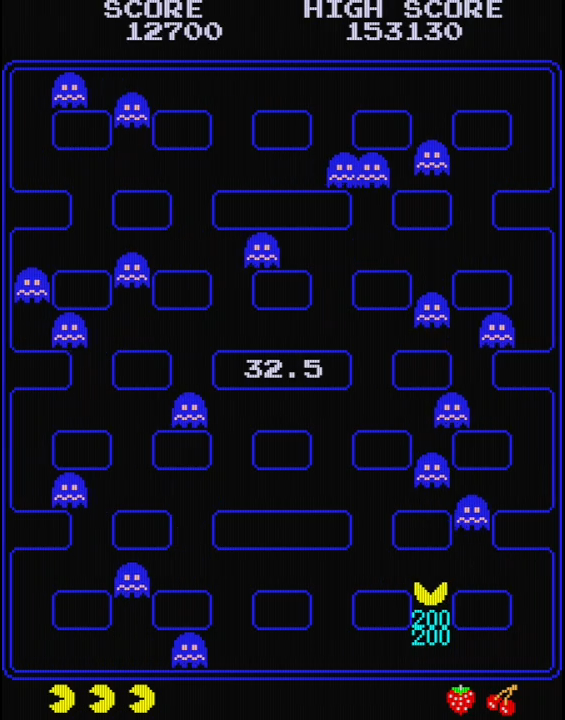
Ghost AI seems to be mostly the same, although unlike classic Pac-Man, each ghost doesn’t seem to have a set “home” location. They don’t intend to chase Pac-Man during Scatter, but instead fixate elsewhere on the board. The Orange Ghost’s Chase AI also makes use of its home location, making its behavior much less predictable, although it’s still easily the least threatening ghost.
Random Pac was Luca Carminati‘s first classic game remake. Since then, they’ve made many others, including Tutankham Returns, which we’ve linked to before. They’re terrific!
Random Pac (itch.io, $0)

